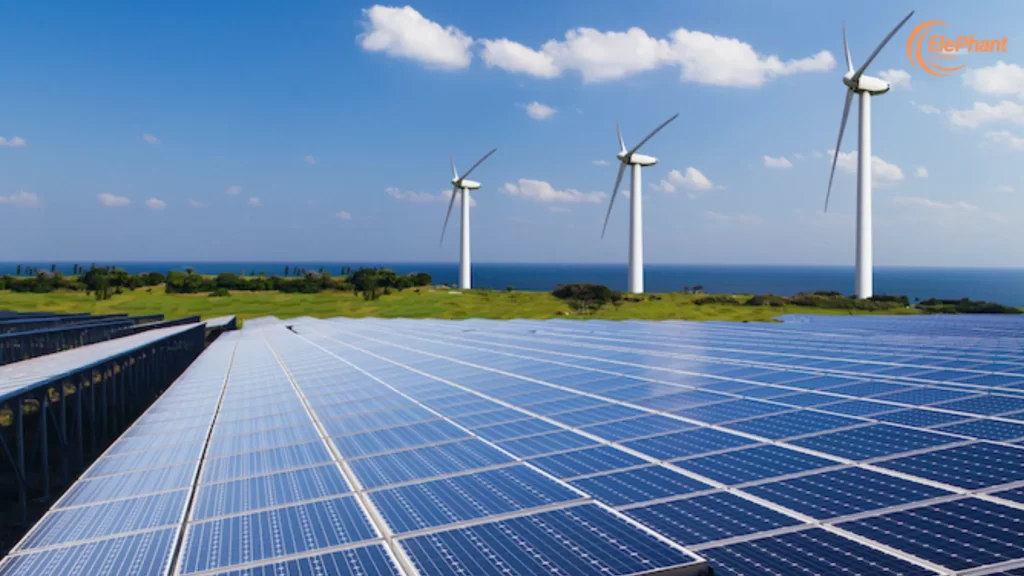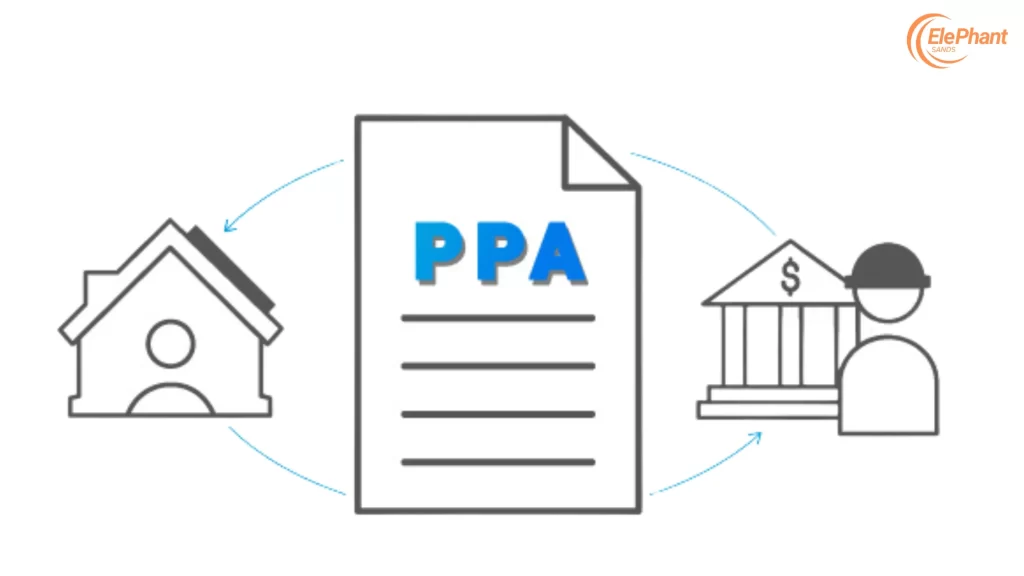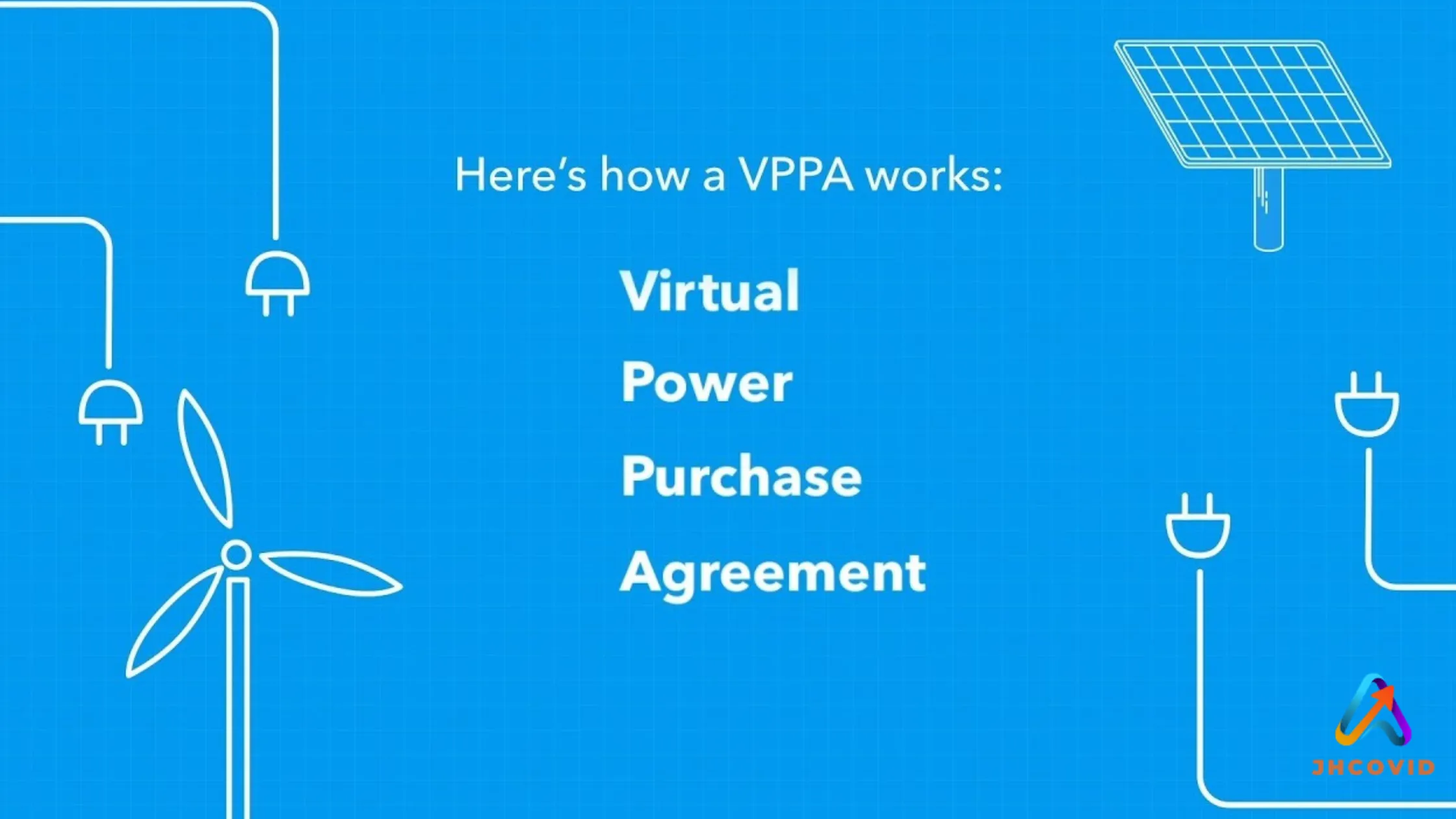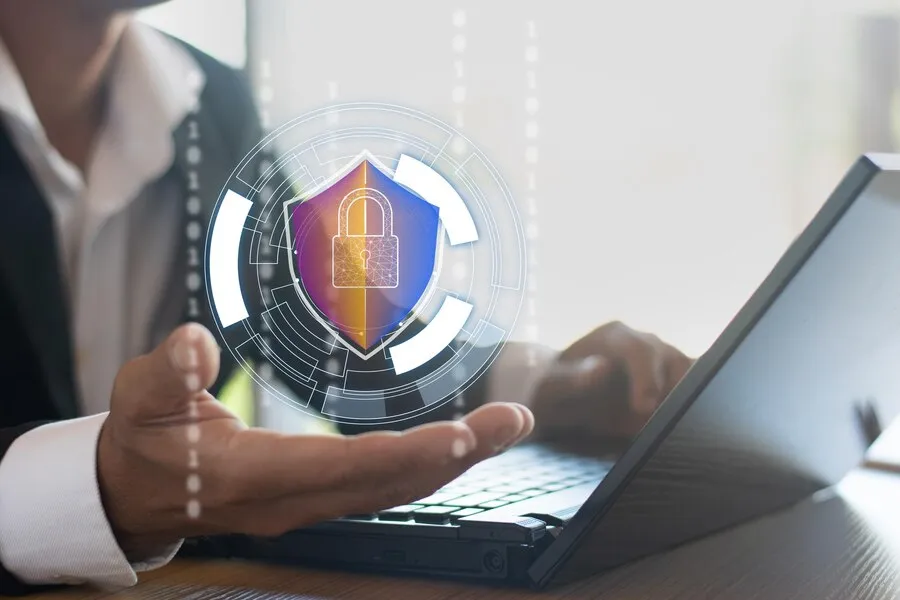Renewable energy has become a hot topic in recent years due to the growing concern about climate change and the need to reduce dependence on fossil fuels. As a result, many businesses are looking for ways to incorporate renewable energy into their operations and enhance their clean energy initiatives.
One popular method is through virtual power purchase agreements (VPPAs). But what exactly are VPPAs? How do they work? And what are the benefits and challenges associated with them?
In this article, we will explore these questions and uncover how VPPAs can help unleash the potential of renewable energy procurement.
What Are Virtual Power Purchase Agreements (VPPAs)?

Virtual Power Purchase Agreements (VPPAs) are contracts between a power producer and a buyer, usually a business, to purchase renewable energy.
Unlike traditional power purchase agreements, VPPAs do not involve the physical delivery of electricity. Instead, they focus on renewable energy generation’s financial exchange and environmental benefits, contributing to emission reductions.
Under a virtual PPA (VPPA), the buyer agrees to purchase a set amount of renewable energy at a fixed price for a specified period, ensuring a stable financial contract. This allows the buyer to secure a long-term and stable price for renewable energy, facilitating effective renewable energy procurement and reducing their exposure to volatile energy prices.
How Do VPPAs Work?
VPPAs typically involve the power producer, the buyer, and an intermediary known as an aggregator. The aggregator acts as a middleman between the two parties and facilitates the negotiation and execution of the contract.
Once the VPPA is in place, the power producer will generate renewable energy and sell it to the grid at market price, while the buyer benefits from renewable energy certificates. The buyer will purchase renewable energy credits (RECs) from the aggregator at a fixed price.
These RECs represent the environmental benefits of renewable energy generation. They can be used to offset the buyer’s carbon footprint.
Benefits of VPPAs for Businesses

Opting for a VPPA can bring numerous benefits to businesses. Some of the key advantages include:
Cost Stability
One of the main benefits of VPPAs is cost stability. Businesses can protect themselves against fluctuating energy prices in the wholesale market by locking in a fixed price for renewable energy. This makes budgeting easier and provides long-term financial predictability for energy buyers engaging in renewable energy procurement.
Environmental Impact
VPPAs allow businesses to support renewable energy projects, procure clean energy, and reduce their carbon footprint. This commitment to corporate sustainability helps the environment by promoting renewable energy certificates.
It also enhances the company’s reputation among eco-conscious consumers and investors, aligning with their clean energy goals.
Renewable Energy Credits
Through VPPAs, businesses earn renewable energy credits, proving their support for green energy. These credits can be traded or used to meet regulatory requirements, providing additional flexibility and financial benefits.
Types of Renewable Energy in VPPAs

VPPAs can be used for various types of renewable energy, including:
Solar Energy
Solar energy is one of the most popular forms of renewable energy in VPPAs. Solar panels convert sunlight into electricity, which is then fed into the grid.
Businesses can choose to buy or rent a solar system to participate in a VPPA, making it an accessible option for many.
Wind Energy
Wind farms use turbines to capture wind energy and convert it into electricity. VPPAs involving wind energy help support the development of wind projects. It also promotes the use of sustainable energy sources.
Hydropower and Others
Though less common in VPPAs, hydropower and geothermal energy can also be included. These sources further diversify the renewable energy mix available to businesses, enhancing overall energy resilience.
How to Get Started With VPPAs
If your business is interested in exploring VPPAs, here are some steps to consider:
Assess Your Energy Needs
Assessing your business’s energy needs and sustainability goals is essential before entering a VPPA. Determine how much renewable energy you want to procure and how it aligns with your broader corporate sustainability strategy.
Find a Reliable Partner
Choose a reputable renewable energy producer to partner with. Look for companies with a track record of successful projects and strong financial stability. This will ensure a smooth and reliable VPPA experience.
Negotiate the Contract
Work with your chosen partner to negotiate the terms of the VPPA. Ensure the contract includes precise details about the following:
- The amount of energy to be purchased
- The fixed price
- The duration of the agreement
Success Stories of VPPAs
Many businesses have already successfully implemented VPPAs and are reaping the benefits. Some notable examples include:
Google signed a VPPA in 2019 to purchase the output from three solar farms in North Carolina, making it the largest corporate renewable energy purchase in history. This move aligns with Google’s goal of using 100% renewable energy for all its operations.
Apple Inc.
In 2018, Apple entered into a 16-year VPPA to purchase renewable energy from a solar farm in California. This will provide enough electricity to power its headquarters, retail stores, and data centers in the state.
Amazon
Amazon has committed to achieving 100% renewable energy use by 2025. As part of this goal, the company has entered into multiple VPPAs for wind and solar projects across the US and Europe.
Also Read: XCV Panel: Unleash Clean Energy (2024 Guide)
Challenges and Considerations
While VPPAs offer many benefits, there are also challenges and considerations to keep in mind:
Market Volatility
While VPPAs provide cost stability, the broader energy market can still be volatile. It’s essential to stay informed about market trends and potential risks to make informed decisions.
Contract Complexity
VPPAs involve multiple parties and can be complex to negotiate. When drafting a VPPA, it is essential to work with experienced professionals and seek legal advice.
Regulatory Landscape
Different regions have varying regulations regarding renewable energy and VPPAs. Before proceeding with a VPPA, ensure you understand your area’s legal requirements and incentives.
Future of VPPAs and Renewable Energy
As the demand for sustainable energy grows, VPPAs will likely become even more popular. With advancements in technology and increased market competition, renewable energy costs are expected to decrease. This will make VPPAs a more viable and attractive option for businesses of all sizes.
Additionally, governments worldwide are implementing policies and incentives to encourage the adoption of renewable energy. This further supports the growth potential of VPPAs in the future.
Exploring Everything About Virtual Power Purchase Agreements
Virtual power purchase agreements have emerged as a promising solution for organizations looking to meet their renewable energy goals and reduce their environmental impact. By exploring this innovative approach, companies can achieve their sustainability targets. They can also save on operating costs.
So, what are you waiting for? Consider implementing a virtual power purchase agreement for your organization today!
Was this article helpful? If so, check out the rest of our site for more informative content.




